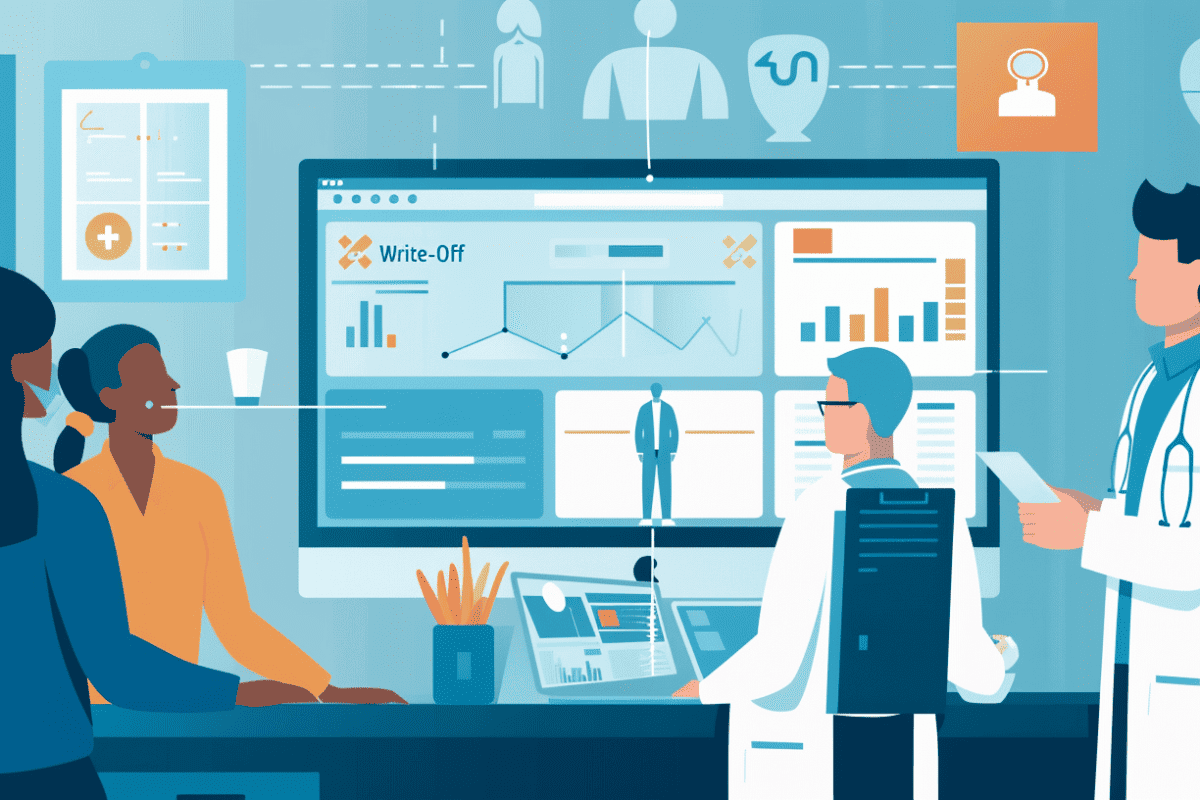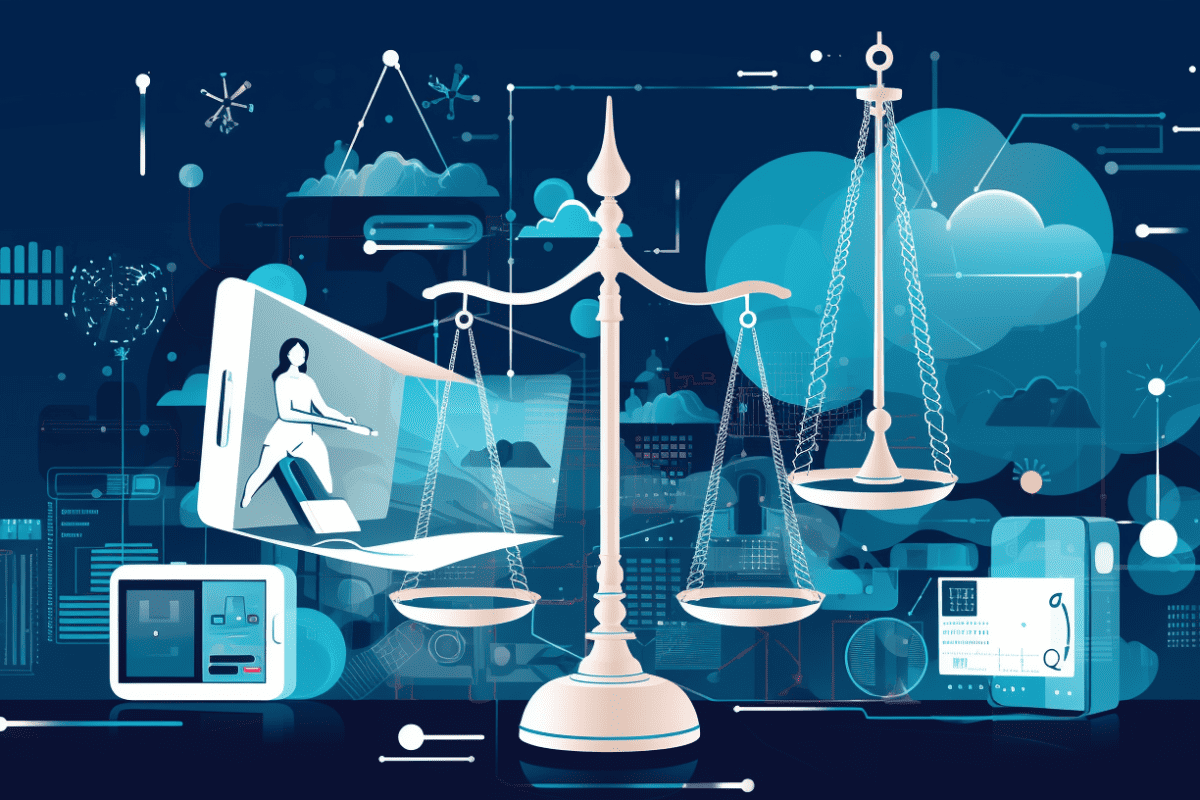Summary: Digital healthcare is growing, and it’s just the tip of the iceberg when we consider the overwhelming possibilities and promise they offer for transforming healthcare services. This will transform and make value-additions to patient care across the world.
Digital healthcare and medical apps can truly be considered as the tip of the iceberg when we consider the overwhelming promise and possibilities they offer to transform the healthcare services. These technologies will continue to transform and make value-additions to patient care all over the world.
On paper, digital health sounds like an easy enough concept – utilizing technological innovations to enhance the health and well-being of individuals. The reality, however, is something broader and more extensive. The term ‘digital health’ encompasses everything from ingestible sensors to online blood tests, from AI to mobile healthcare apps and wearable gadgets, from electronic records to robotic caregivers. Various applications of digital transformation have permeated the healthcare sector through cultural change and disruptive technologies.
Need for Digital Health
The goals of digital health are complex and diverse – prevention of disease, reduction in healthcare costs, customization of medicines as per patient requirements, and assistance with monitoring and managing chronic conditions.
In healthcare, whether that is value based care in the community or emergency care in a hospital setting, these goals stand to benefit both healthcare providers and their patients. Data collection gives digital health the opportunity to improve patient lifestyles and maintain optimum health for longer. As a result, they require fewer physician visits.
Digital health tools like healthcare apps are great for identifying symptoms of new illnesses or the worsening of existing conditions. They allow medical professionals to step in earlier and shorten the length of the disease or provide relief from symptoms. Thus, digital health not only improves a patient’s quality of life but it also decreases the overall expenses incurred by a patient over their lifetime, reducing bills for patients and care providers alike.
Pioneers of the Revolution
Numerous tech firms are trying to get involved in digital health. Interestingly, they are all taking different paths. Consider the example of Google. The company boasts one of the most comprehensive and far-sighted strategies in the industry. Google launched Google Health and Google Fit to improve “the lives of as many people as possible.” And they are putting in a lot of effort into healthcare-centric AI through its DeepMind unit. However, innovation comes at a cost. Recently, it came to light that the company’s ‘Project Nightingale’ was amassing health data on millions of US citizens without their permissions.
While Google looks towards the future, Apple focuses more on the present. The American multinational seeks to develop an ecosystem that extends all the way from providers to consumers. The tech giant has expanded the functionality of its products, such as iPhone or Apple Watch, to increase its offering on the provider side with ResearchKit and Health Records. This lays the foundation for health organizations to subsidize Apple products.
Not one to fall behind, Apple has purchased a medication delivery company and plans to revolutionize how healthcare gets delivered in America. The company is currently working on its own health benefits platform. And just days ago, Amazon took over Health Navigator, a start-up offering symptom lookup and digital triage tools.
Digital Health Trends to Know
Mobile healthcare apps and wearables have driven the consumer side of digital health considerably. The digital health boom is related to the rise of wearables like the Apple Watch and FitBit bands. Data about the user’s activity levels, such as minutes of exercise and the number of steps, is gathered by the hardware while the mobile app ecosystem extends ways the data can be analyzed and viewed. Accordingly, if you would like more helpful info about the potential benefits of using a FitBit, you can find some useful resources on the Mobile Mob website.
Individuals can now store, share, and compare specific metrics associated with their wellness and health. Hardware companies and app makers have expanded the range of what users can monitor, from reproductive health to sleep. Most hardware and applications revolve around lifestyle health measures but they will slowly become more medical as hardware capabilities expand through the use of new functionalities and sensors.
Future Prospects of Digital Health
Digital health is creating an ecosystem that offers patients with chronic illnesses the means to better manage and monitor their condition. Digital health already offers tools for practicing lifestyle medicine; add a few peripherals and medical management improves as well.
Think about patients with hypertension. Off-the-shelf blood pressure cuffs detect whether the patient’s blood pressure is increasing or decreasing, and identify successful lifestyle changes and the medications responsible for managing the condition. Connected glucose monitors too help diabetics manage their diet better and gauge the effectiveness of their medication by tracking their blood sugar control over time.
Digital healthcare apps and products manage chronic problems to eliminate provider costs and reduce the number of emergency room visits, doctor appointments, and hospital admissions that patients need.
The digital health market is also blurring the lines between what is typically viewed as ‘medical-grade’ and ‘consumer’ digital health technology. Apple recently added an ECG function to the latest model of the Apple Watch. Thanks to this new feature, consumers can possibly identify earlier undiagnosed heart problems such as atrial fibrillation that is highly beneficial not just to the wearer but the medical professional as well.
Medical hardware is also increasing in digital functionality. New apps enable people with Internet-supported pacemakers to share data via smartphones with their doctors. Thanks to this overlap among medical-grade and consumer digital health apps and hardware, consumer tech companies are also striving to enter the enterprise healthcare sector. Apple has introduced health records services that allow patients to view information from health providers, including test results, immunization records, and clinic visits on their iPhone.
Impact of Digital Health
With peripherals and apps gathering data, it’s only a matter of time before companies try to extract value from them. There are multiple reasons why tech giants are targeting the healthcare sector in particular – it is a huge industry and immune to the effects of recession. Moreover, healthcare expenditures spending will increase to a projected $10.059 trillion by 2022 (Source: https://www2.deloitte.com/global/en/pages/life-sciences-and-healthcare/articles/global-health-care-sector-outlook.html). The growing demand suggests providers are seeking new means to reduce costs. A great way to do that involves moving from treating health problems to preventing them.
Various conditions that have high prevalence, such as raised cholesterol, high blood pressure, and type 2 diabetes can largely be controlled or prevented through suitable lifestyle measures, including active lifestyle and healthy weight maintenance. That’s where healthcare apps and wearables come into the picture – by offering a way for patients to monitor their exercise regimen, weight, and other parameters, digital health hardware can potentially help people control their health like never before.
Additional Benefits of Digital Health
The more we use digital health tools and healthcare apps, the faster we develop a huge repository of data on health markers of users worldwide. Using AI and big data, we may soon be able to connect the dots between people’s lifestyles and conditions, and in the process, figure out how doing or not doing something decreases or increases your chances of having a specific medical condition.
Although there are a few privacy concerns regarding how private health data gets used, the collected data if used properly by digital healthcare apps can serve as a treasure trove for professionals trying to improve the public health.
Digital Health Concerns
Despite the usefulness of digital health, it should be accessible to people of all ages, genders, ethnicities, incomes, medical conditions, or genetic backgrounds. But, right now, those using digital health tools, especially wearables, tend to be wealthier and more belonging to the 20 to 40 age group. So, the current data collected by digital health tools is concentrated on a small part of the population.
Concluding Remarks
Modern innovations have made a huge impact on the whole healthcare industry. The effects of connected devices, mobility, wearable gadgets, and other systems have become so impactful and significant now that most advanced medical facilities equipped with the latest healthcare practices and technologies inspire patients and care providers alike compared to earlier forms of healthcare facilities. Digital health advancements like healthcare apps are helping us lead healthier, safer, and more productive lives.
This article has been sponsored by Palalika Chanda
Palalika Chanda
Content lead by profession and blogger by passion, Palalika Chanda is passionate about healthcare and has written various articles on well-being. She intends to share her passion with her readers through well-researched articles. She always stays updated on the latest trends in the healthcare industry and prides herself on the quality of her content. For any health-related queries and to view more of her content, please visit careclues.com.



3 comments
Yisac Tsegaye Wanna
March 17, 2020 at 7:32 am
This is a very helpful information on digital health. I think it will become the most important area of innovation in this century and help many lives. More attention needs to be given to this issue and I thank you for giving it your attention.
MiyaHealth
June 4, 2020 at 6:33 am
Hi Palalika Chanda,
Thanks for sharing such a informative article with us!!
From the last few years, the demand of digital healthcare services in world registered a steep rise. Digital healthcare decreases the long-term healthcare costs and enable better healthcare outcomes.
Bill Bruce
November 23, 2020 at 4:38 pm
This is interesting. How about telegenetics, https://fdna.health/, AI tools for screening and diagnosis? They really connect more people than might have access before to crucial care and diagnostic tools.